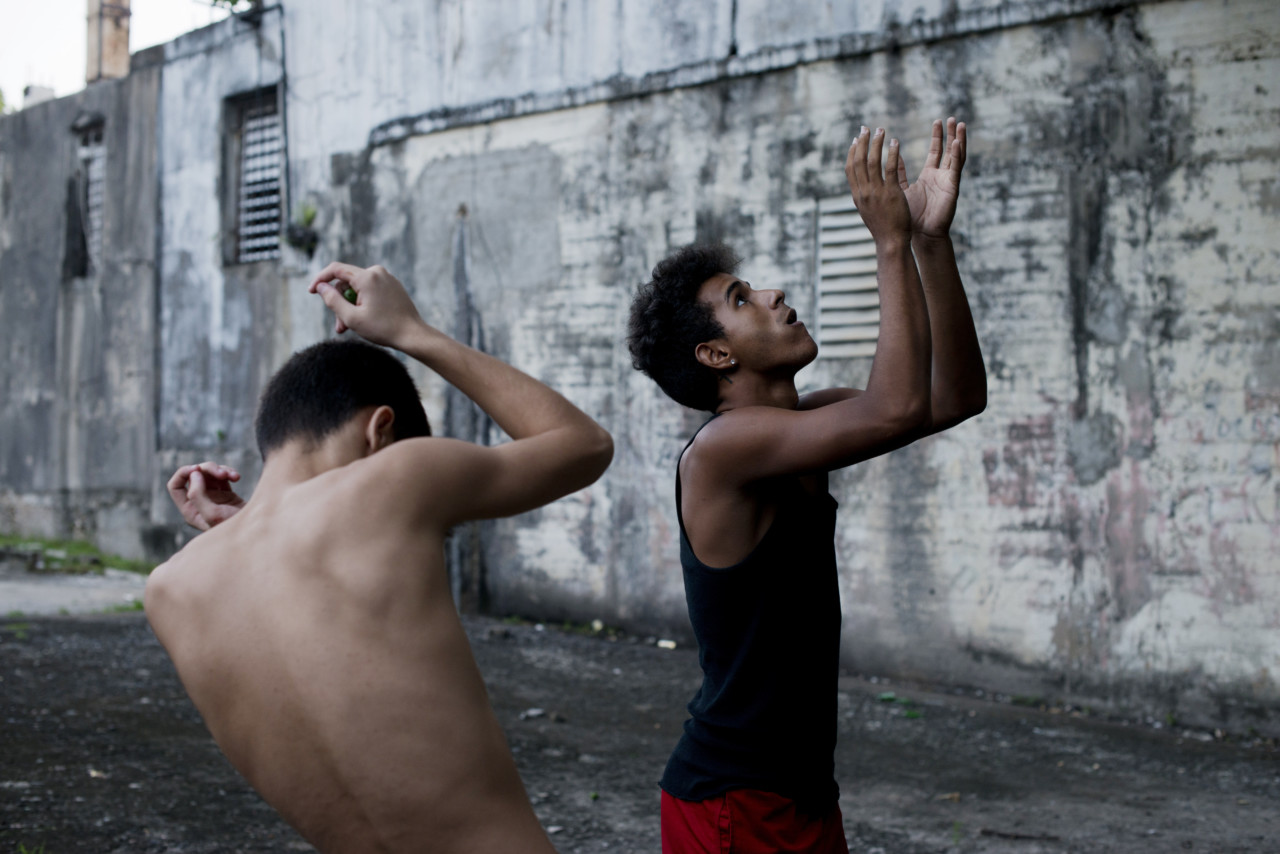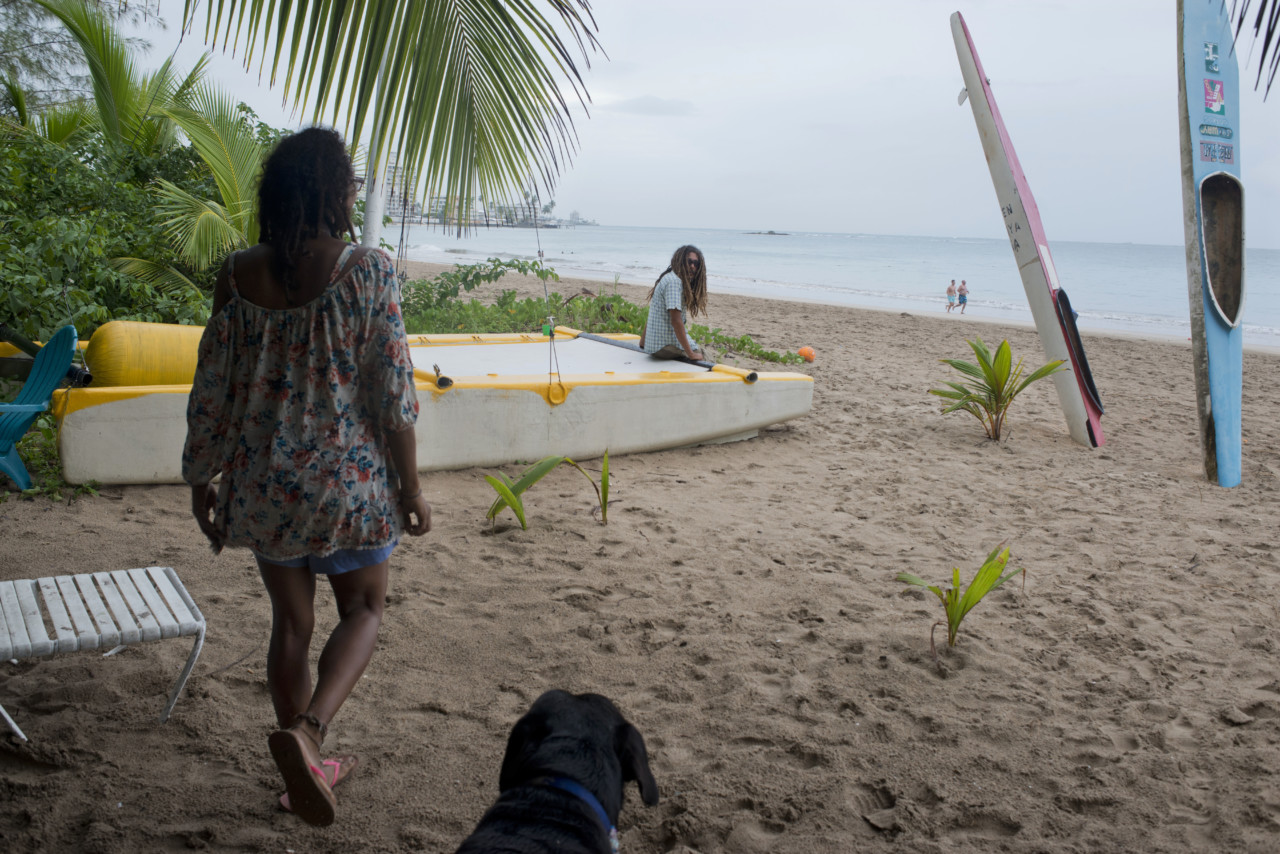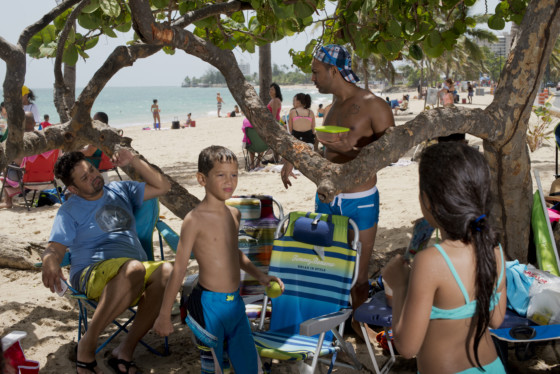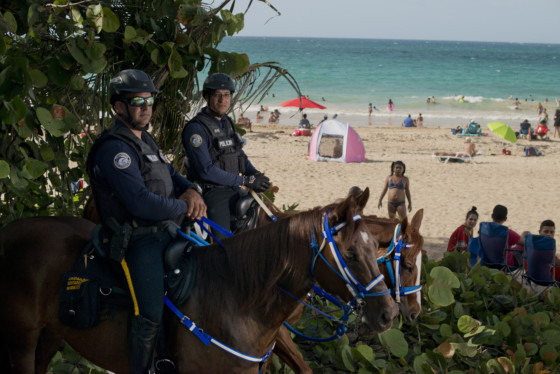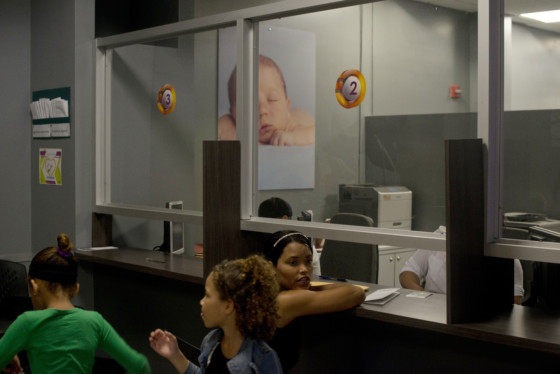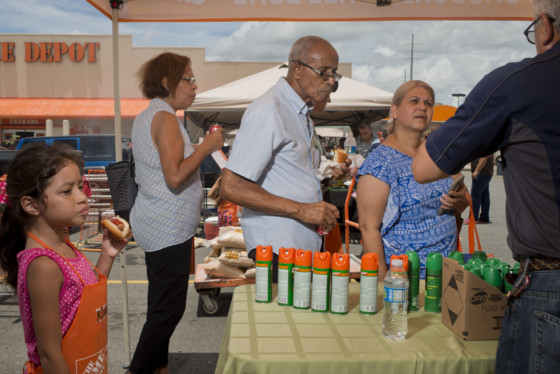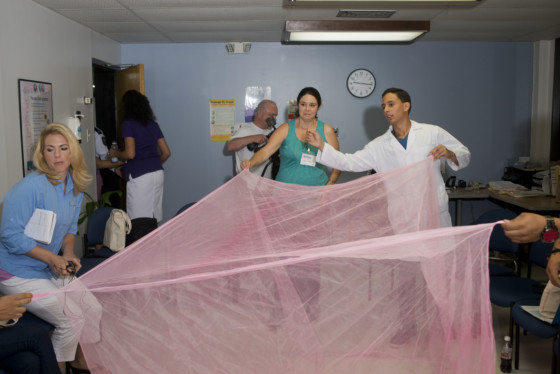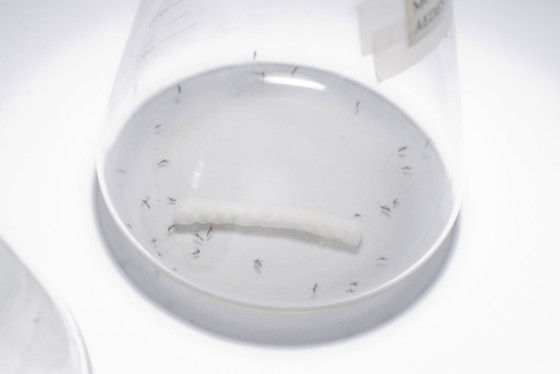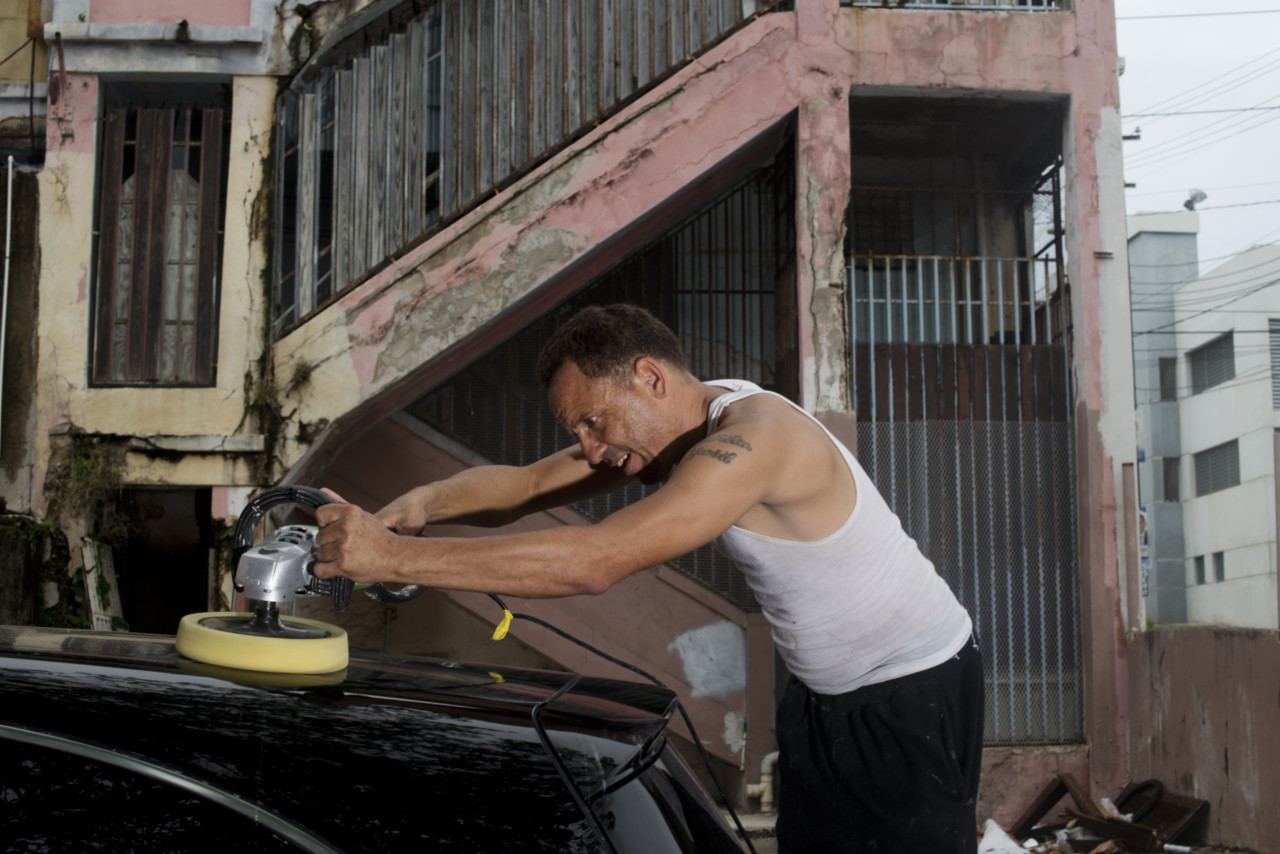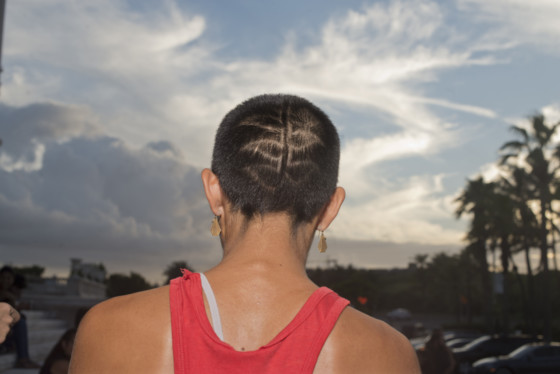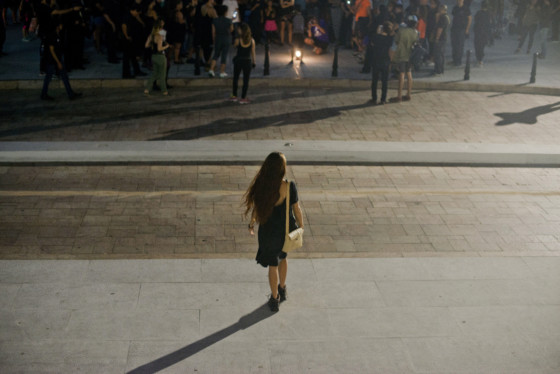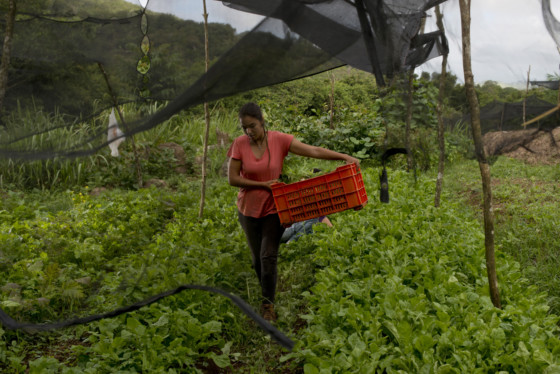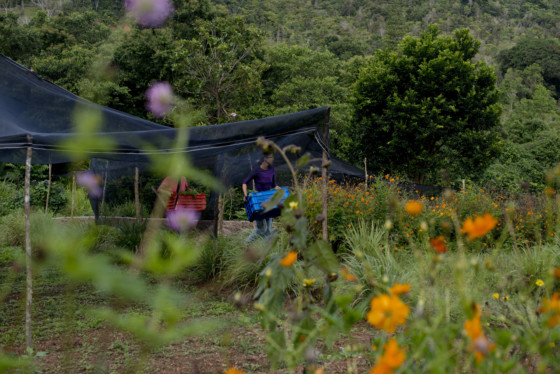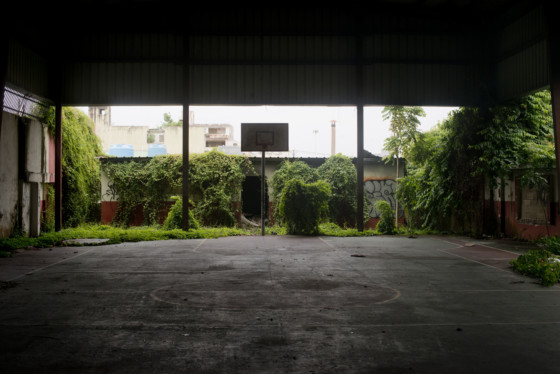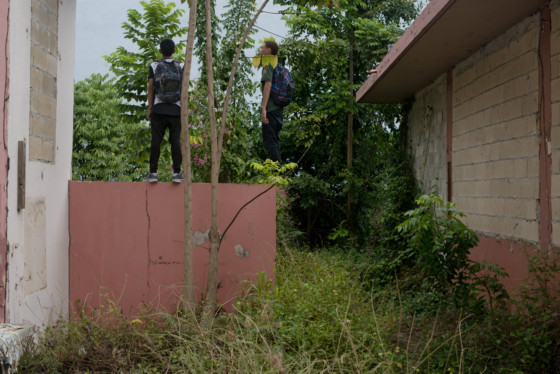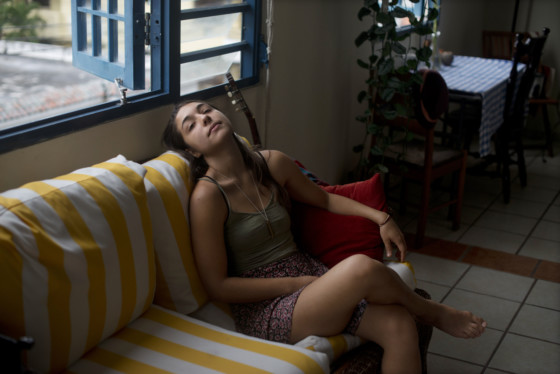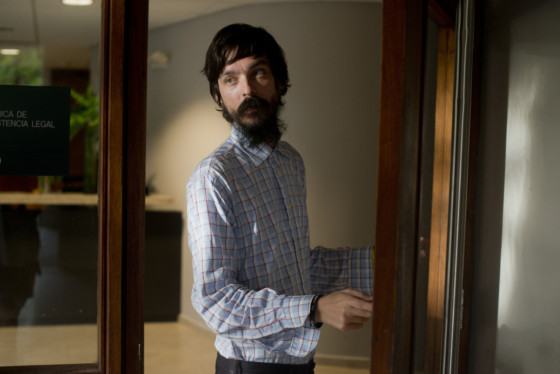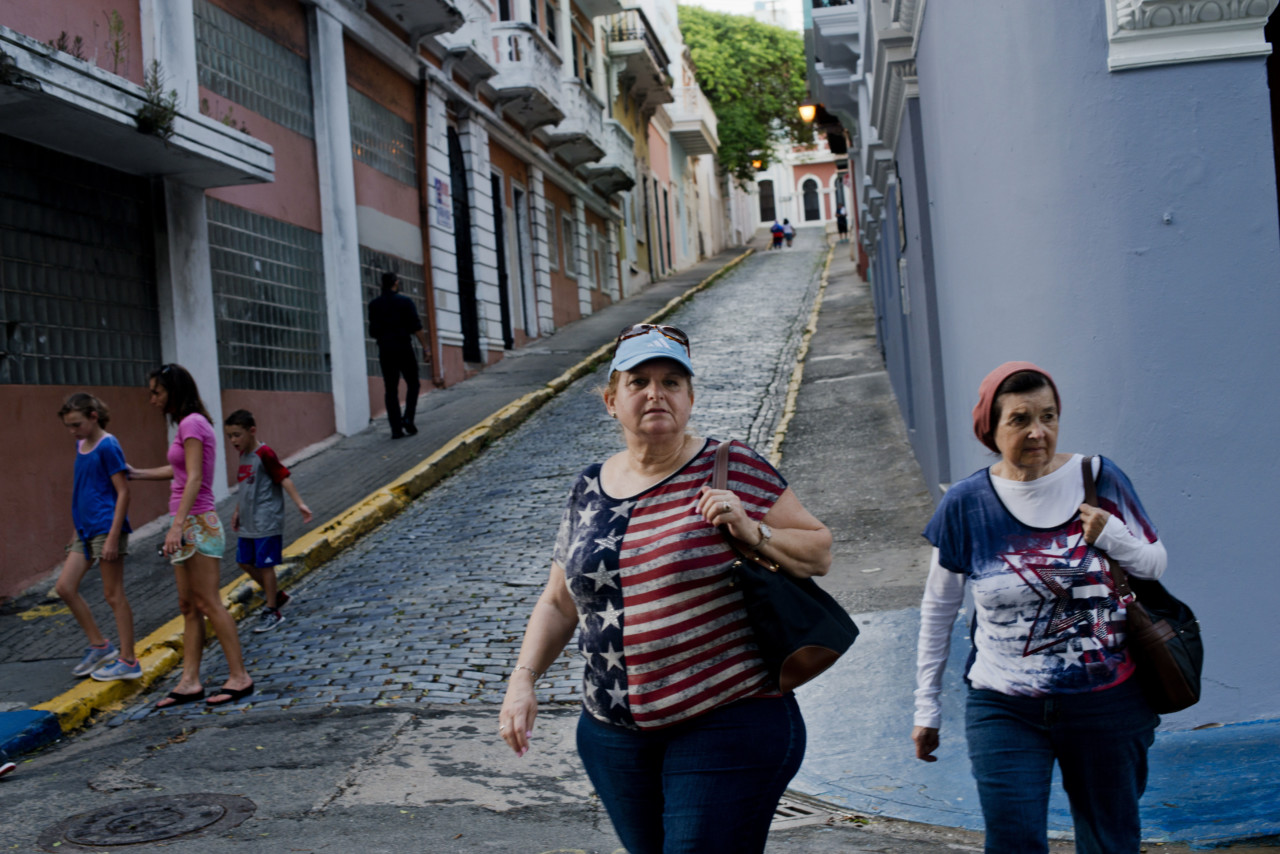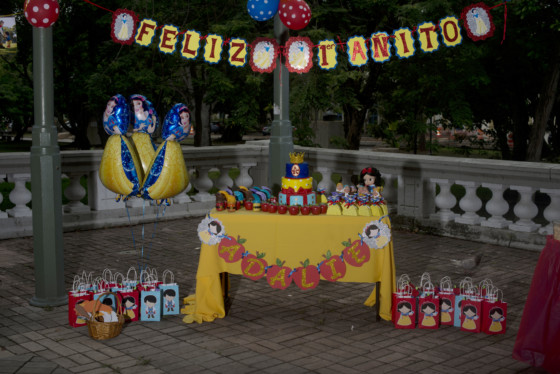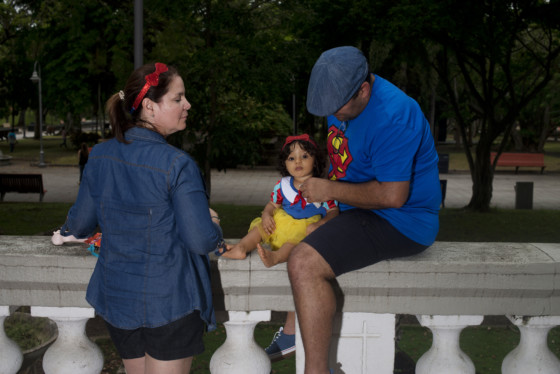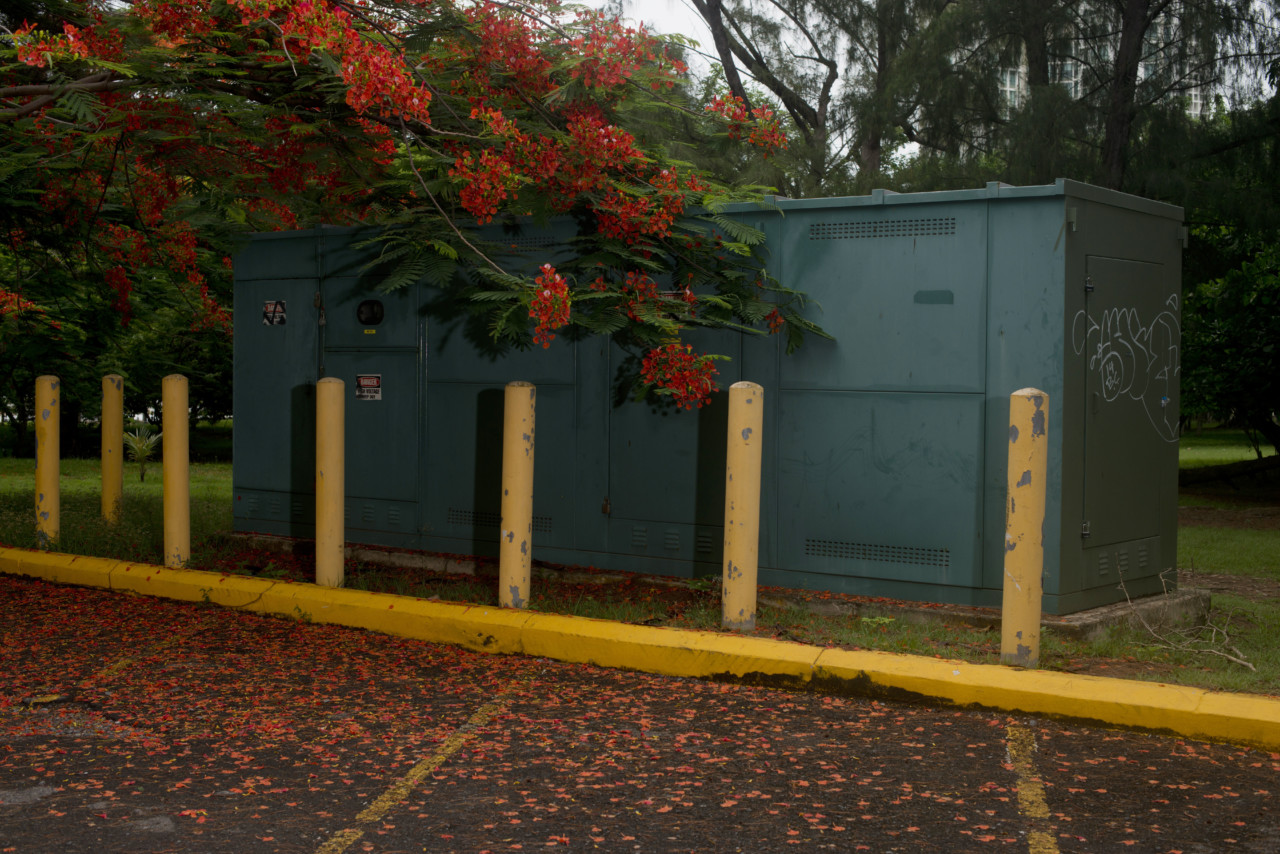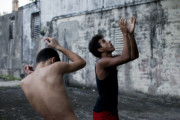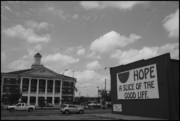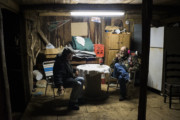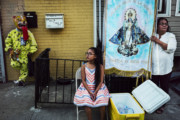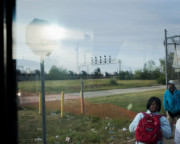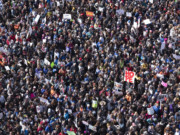Of Mosquitoes and Men: The Condition of Puerto Rico
Carolyn Drake finds a complex relationship between Puerto Rico and its American parent
Puerto Rico has a complicated existence. An island that belongs to the United States of America, it is a Commonwealth that does not benefit from federal state status. It suffers from huge debts, and on 1st July, the Senate passed a bill called PROMESA: The Puerto Rico Oversight, Management, and Economic Stability Act, devised to restructure the region’s debt and encourage growth, while placing an Oversight Board on the island to enforce changes. For many, while these are necessary measures to guard against economic collapse in the region over spilling into the US, this bill downgrades the island’s position to that of mere colony, a possession of Congress with an unelected board in charge of its governance, and whose inhabitants enjoy lesser rights than most US citizens.
In July 2016 Carolyn Drake headed out to Puerto Rico with the intention of documenting the Zika crisis–the virus primarily transmitted by mosquitoes, linked to microcephaly in the babies of infected mothers, and which has punctuated news reports from the region over the past year.
What she found on the ground was that Zika is generally thought of as only a minor threat in a long history of viruses in Puerto Rico, where the relationship to its US parent is more than fraught.
From protests against the PROMESA bill and mourning the loss of its Commonwealth status, Puerto Ricans had more on their minds than Zika, as described in the captions accompanying this photo-essay.
Here, Drake gives a first-hand account of her trip.
“What I knew of Puerto Rico was block parties in Brooklyn, where I lived fifteen years ago, and the Puerto Rican Day Parade. That’s Newyorico, not Puerto Rico, my translator Gabi told me upon my arrival.
The shot list for the first day involved driving to a series of mind-numbing press events. The first: a “Group Prevention Session” at a hospital in San Juan. After a lengthy lecture, the pregnant couples in attendance were given a Zika packet containing a condom, a pink mosquito net, and a can of mosquito repellent.
Next was ‘Zika Action Day’ in a Home Depot parking lot. Visitors were invited to inspect mosquitoes grown in beakers by the Center for Disease Control and stand in line for free hot dogs, fly swatters, and mosquito spray.
Feeling like I was riding a conveyer belt rather than connecting with anyone, I asked the CDC experts there for suggestions about how to find local people, labs and communities affected by Zika. They said I wasn’t allowed to see their lab but that I could go to a poor neighbourhood. Apparently, where there are a lot of people, there’s a lot of Zika.
The next day we went to Barrio Obrero and Puerto de Tierra but nobody there had much to say about Zika. I photographed a guy polishing a car in a rundown lot.
My translator, meanwhile, was seeing Facebook posts about protests taking place around the city. Barack Obama had just signed the PROMESA bill, which gave a federally appointed board control of Puerto Rico’s economy.
We decided to divert from the prescribed path and follow her social network, asking about PROMESA and Zika along the way. We went to a birthday party in the park, where we saw a mother spraying repellent on her child, but nobody we asked knew anyone with Zika; we went to a protest in front of the Capitolio, a protest in front of the health department, and a protest in front of the courthouse; we visited an organic farm where we learned about Puerto Rico’s dependence on the US for food (and all other imports) and Monsanto’s domination of the island’s farmland; we snuck around abandoned buildings in which (we imagined) mosquitoes, and therefore Zika, were multiplying by the day; we ordered dinner from a waitress who had received a call from her doctor that day notifying her she had Zika.
She took the following day off to talk with us about Puerto Rican history and the horrors of the Chikungunya virus. I noted she had no screens on her windows. You must meet Jesus Vasquez, she insisted. Turns out we had seen him before at the anti-fumigation rally. We met Vasquez in his office at the university. “It’s like pointing a gun at us in the farming aspect,” he said. “The solution they’ve come up with for Zika ends up causing more damage than the actual virus.” They had already sprayed Florida but people there didn’t seem to notice.
The last day was Fourth of July. Everyone had the day off work, so the hot asphalt streets emptied onto the sandy beaches, but the fireworks over the lagoon were cancelled. We weren’t sure if it was because there wasn’t enough money in the budget or because Puerto Rico didn’t want to celebrate its re-affirmed status as a US colony. “Fourth of July festivities” was on my shotlist, though. Struggling to find anything related, we drove the empty streets, at last arriving in the Old Town. There they were, the red, white, and blue we were looking for. Yes, despite the island’s numerous crises, there are still some tourists from the mainland with the courage to visit Puerto Rico. Last item on the shot list. Check.” – Carolyn Drake


